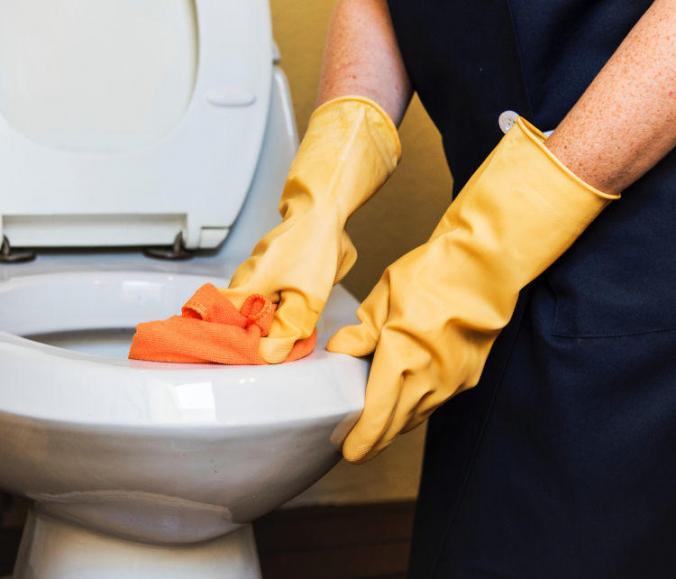As part of a deposition for an L&I claim today, I engaged in a pretty harsh word fight with an expert witness. Admittedly, I was unhappy with the opinions given by the witness because I believe those opinions to be willfully ignorant of some important established facts in the case. In truth, this is not an unfamiliar circumstance. There are many times I find myself cross examining a witness with whom I don’t agree. After all, if we didn’t have disagreement, there would be no dispute in the first place. Usually I accept the fact that we have a difference of opinion; I ask the questions that I believe help illustrate the flaws in the opinion and I move on.
Today, for some reason I couldn’t keep my mouth shut and after the deposition I continued to press the witness regarding the basis of the opinions given. The conversation got heated and it is probably safe to say there is no love lost between the witness and me. Because of my personality, a part of me feels uncomfortable and embarrassed that I had such a heated exchange with the witness because I believe have a duty to maintain a certain level of professionalism and these kinds of heated exchanges fall below what I feel is professional. Another part of me is proud of myself.
One of the problems I see in workers’ compensation is that so many of us representing injured workers are busy fending off the latest unfavorable determination made in a claim, that we don’t spend as much time as we should advocating for positive changes within the system. The issue I was sparring with this witness on involved a Permanent Partial Disability (PPD) rating for the low back in which individuals are assessed with a Category rating based upon a specific administrative code (WAC). However, the Department of Labor and Industries (L&I) has developed a worksheet that is provided to doctors for them to use to arrive at a rating under that WAC. Some people argue that the worksheet yields more favorable ratings, and some argue it yields less favorable rations, but most experienced attorneys agree that it is inconsistent with the WAC. In my exchange, I was trying to get the witness to really think about the words in the WAC and provide me with a rational explanation for the opinion given considering the objective medical evidence and the established facts of the case. It was clear from our exchange that the witness was struggling with reconciling an opinion based on the worksheet with an opinion wasted on the language of the WAC.
Having had the reminder of the day to give this issue careful consideration, I’ve reached the conclusion that instead of engaging in a heated conversation with a singular witness, my energy would be better spent trying to effectuate change with respect to the use of this misleading PPD rating worksheet.


